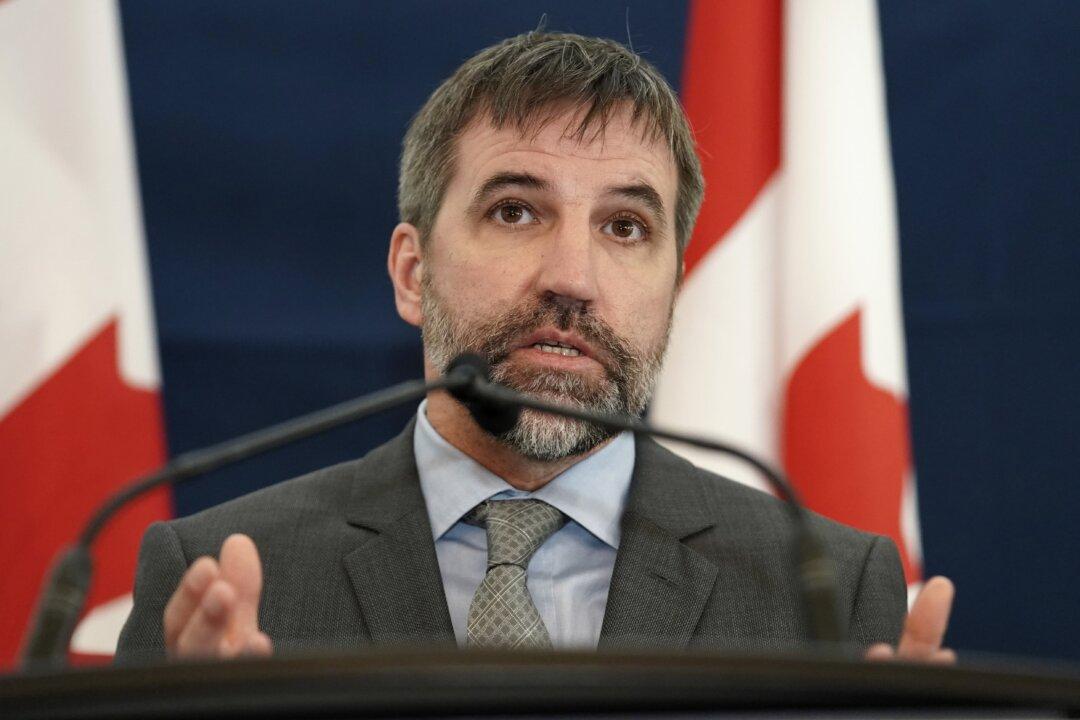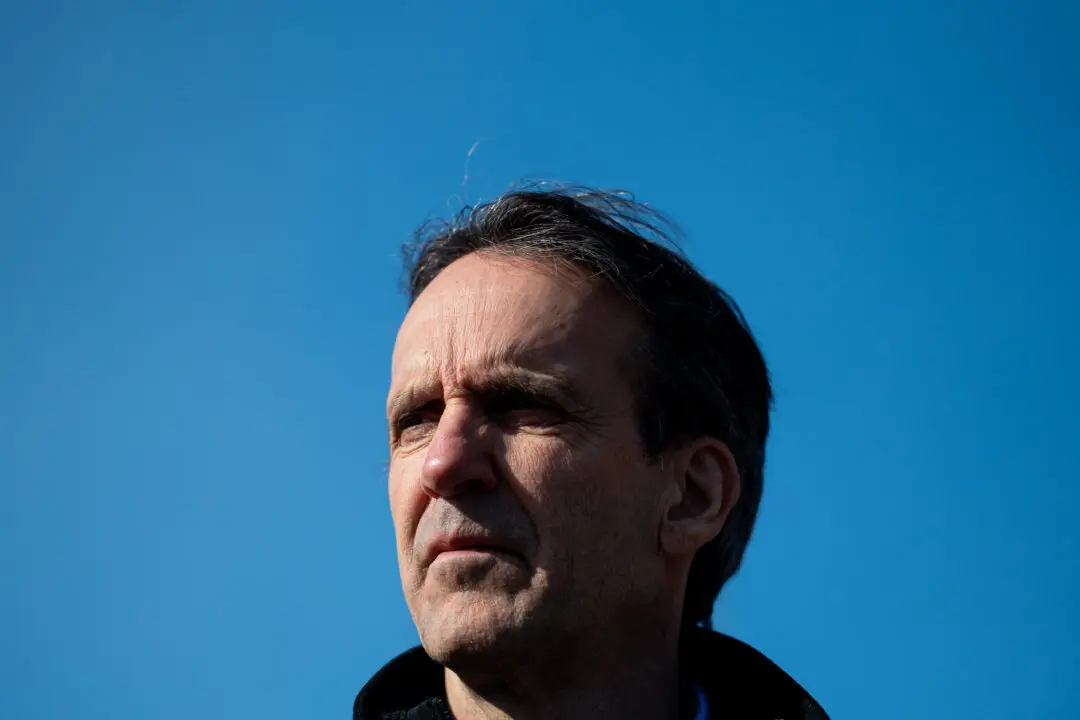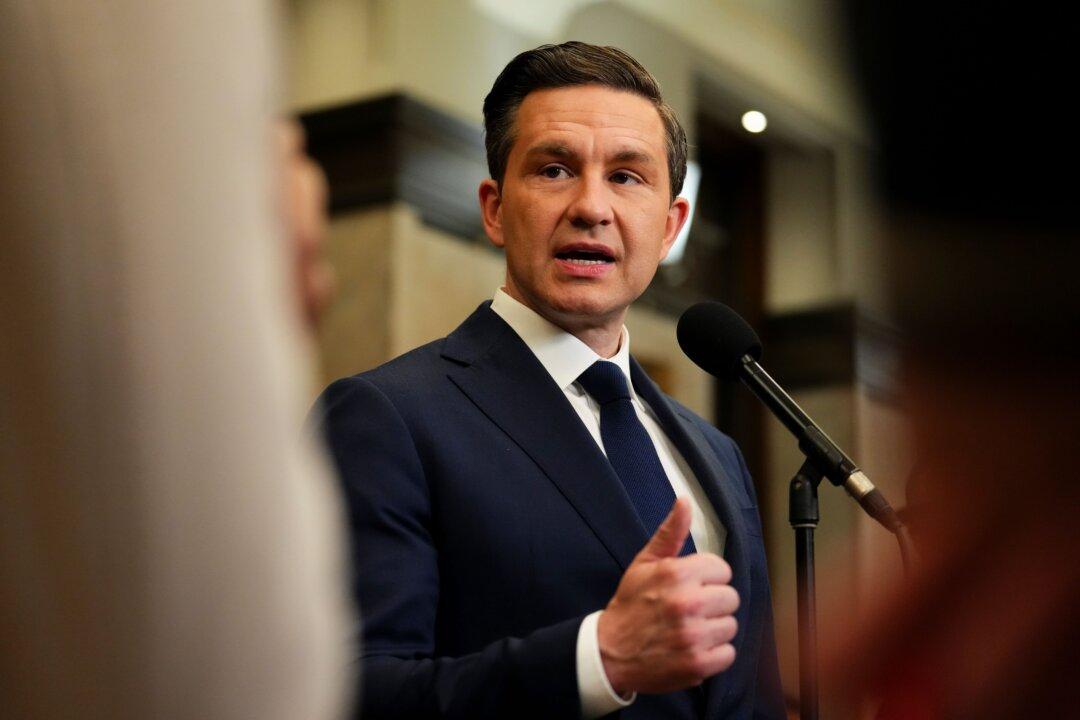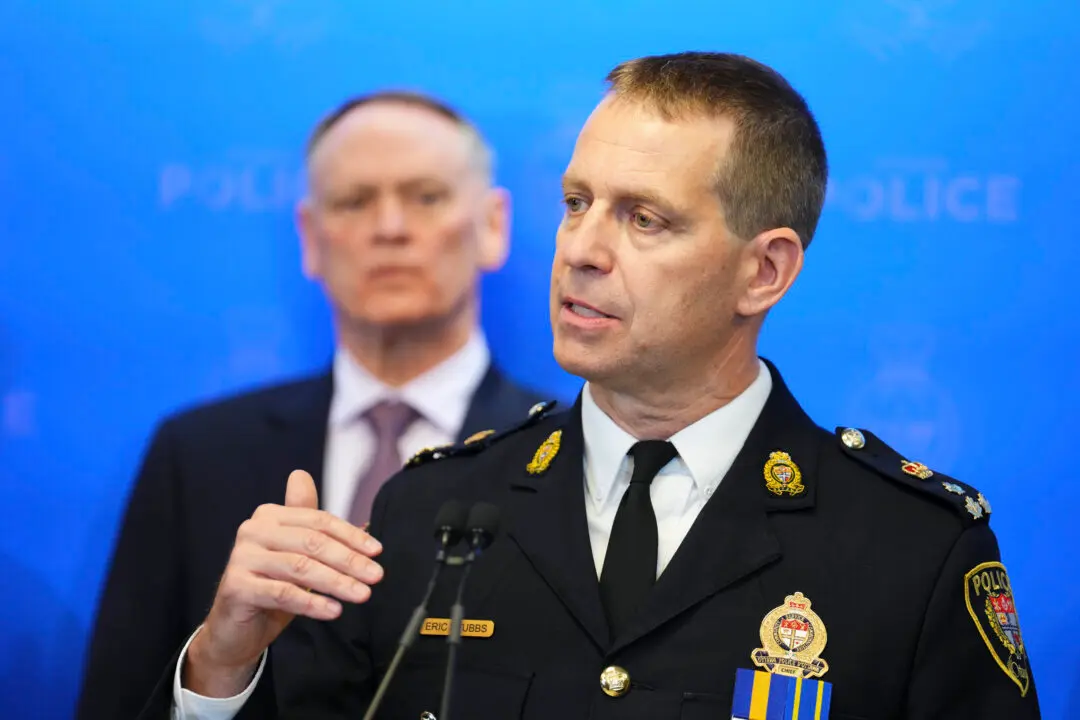Environment and Climate Change Canada (ECCC) was unable to produce “thank-you” notes from supporters of the carbon tax that Environment Minister Steven Guilbeault previously highlighted as evidence that many Canadians welcomed the measure.
When asked for evidence of the correspondence that Guilbeault had cited—letters from two Canadians, “Bob” and “Jill”—the ECCC told Blacklock’s Reporter that “no records were found concerning this request.”





